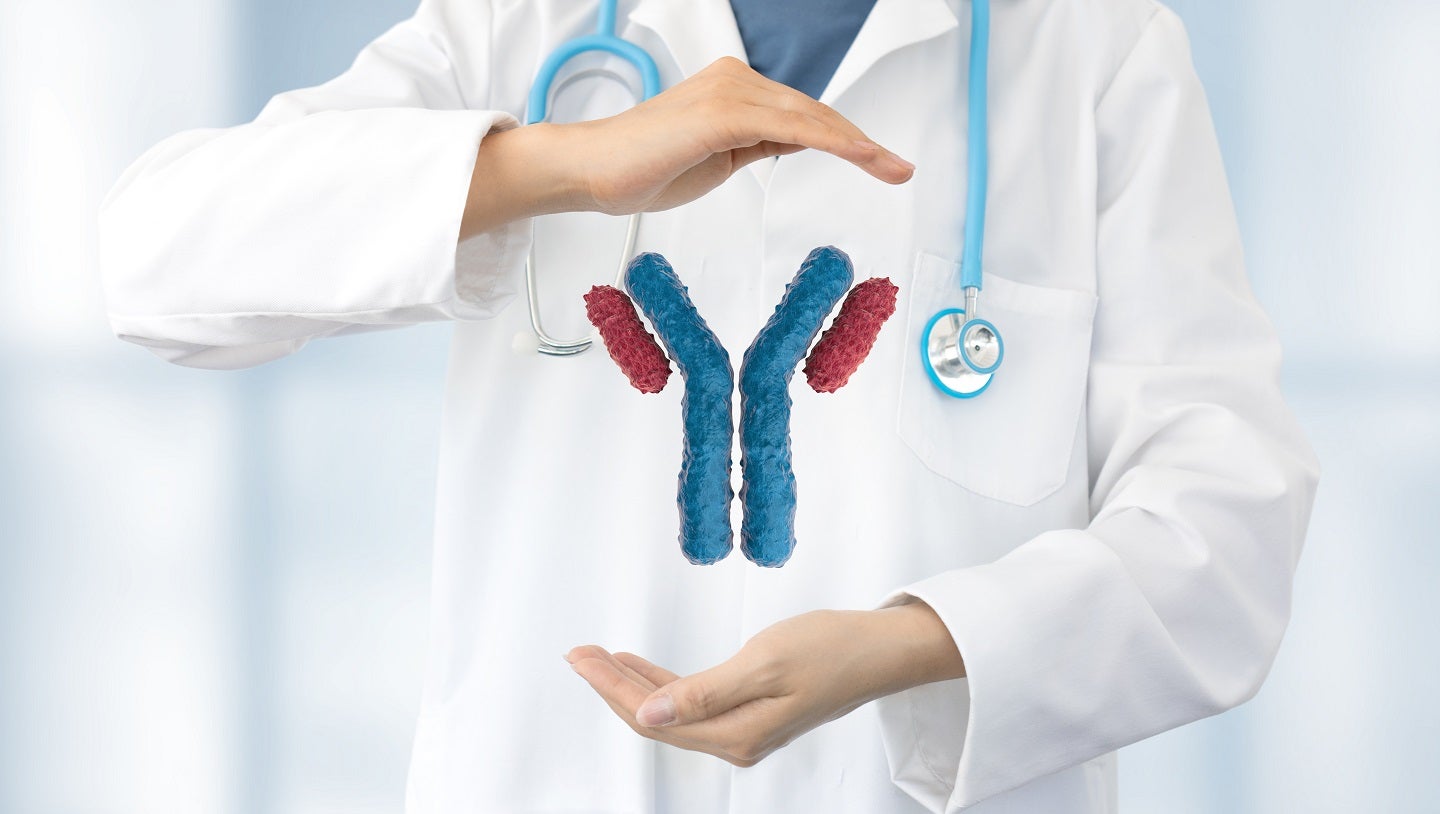
Innovent Biologics has dosed the first patient in the Phase III RESTORE study of IBI311 for the treatment of Thyroid Eye Disease (TED).
The placebo-controlled, randomised, double-blinded study will examine the efficacy of IBI311 in improving proptosis in subjects with TED.

Discover B2B Marketing That Performs
Combine business intelligence and editorial excellence to reach engaged professionals across 36 leading media platforms.
The difference in the improvement in proptosis degree responder rate of the study eye in the treatment group against placebo at week 24 is the primary endpoint of the study.
Shanghai Ninth People’s Hospital, Shanghai Jiao Tong University School of Medicine ophthalmology department professor Fan Xianqun is the trial’s principal investigator.
Innovent Biologics clinical development vice-president Dr Lei Qian said: “IBI311 is an ophthalmic drug candidate developed by Innovent for the treatment of TED with high druggability, and will potentially add synergic value to our product portfolio in endocrinology and metabolism field.
“Preclinical in vivo and in vitro studies, the Phase I study in healthy volunteers as well as the Phase II study in TED subjects demonstrated that IBI311 has favourable safety and tolerability characteristics, and significant efficacy signals were also observed, which has laid a good foundation for the development of Phase III RESTORE study.

US Tariffs are shifting - will you react or anticipate?
Don’t let policy changes catch you off guard. Stay proactive with real-time data and expert analysis.
By GlobalData“Innovent will continue cooperating with academia and advance clinical development under the leadership of professor Fan, and plans to submit the NDA after the Phase III study completion to bring high quality and accessible biologics to Chinese TED patients.”
A recombinant anti-insulin-like growth factor-1 receptor (IGF-1R) monoclonal antibody, IBI311 blocks the binding of IGF-1 and IGF-2 to IGF-1R thereby reducing the expression of downstream inflammatory factors.





